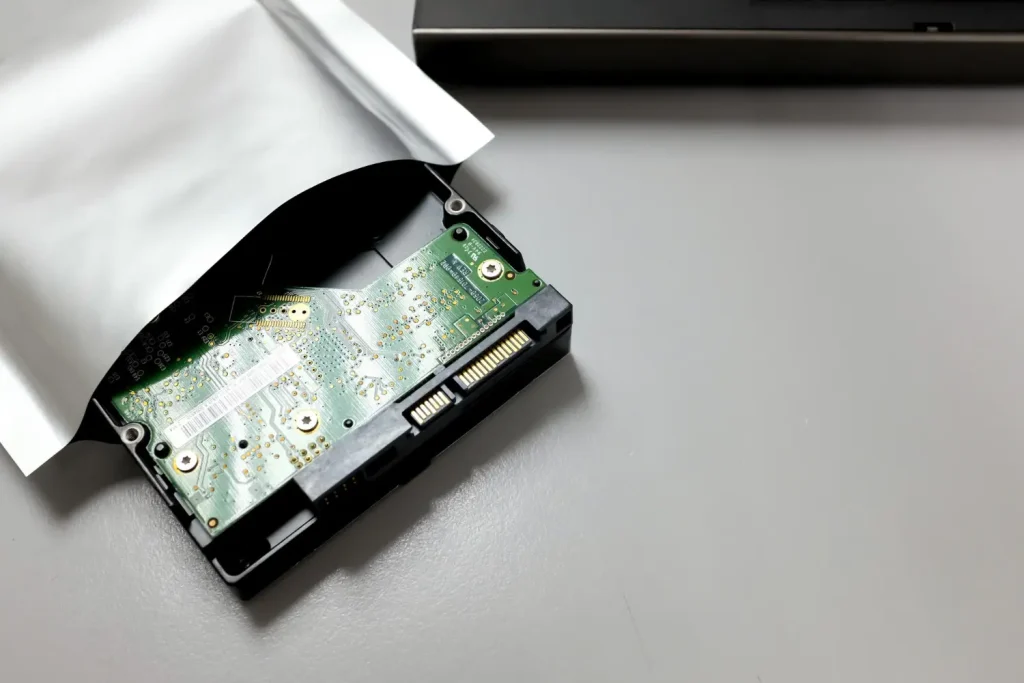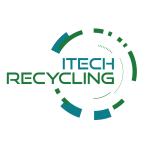Data breaches dominate the news cycle, reminding companies daily of the risks associated with poor information management. While many organizations understand the importance of secure practices, fewer recognize the distinction between basic disposal and certified destruction. In Des Plaines, businesses rely on e waste recycling in Des Plaines, IL & across Chicagoland not just to clear out outdated devices, but also to ensure compliance with regulations that require sensitive information to be handled properly. Understanding the difference between these two approaches is the first step in building a responsible data management strategy.
What Is Data Disposal?
Data disposal refers to removing information from an active system or device once it’s no longer needed. This might involve deleting files, formatting drives, or factory resetting equipment. While these steps make data less accessible, the underlying information often remains recoverable with advanced tools. That’s why disposal alone is rarely enough for sensitive information. Companies that rely solely on these methods risk exposing confidential records to unauthorized recovery. A stronger solution—such as secure computer disposal in Mundelein, IL—is required to fully mitigate the risks.
What Is Data Destruction?
Data destruction ensures information is completely and permanently eliminated, leaving no possibility of recovery. This can be done through physical methods like shredding or crushing hard drives, or through digital means such as degaussing and certified overwriting. Each method goes beyond disposal by addressing the actual data itself rather than just its pointers. For businesses in Naperville, services like laptop recycling paired with certified data destruction are essential for protecting sensitive files from falling into the wrong hands.
Comparing Disposal and Destruction
While both disposal and destruction serve a purpose in the data lifecycle, their level of security differs significantly. Disposal is suitable for low-risk information that doesn’t pose a threat if recovered. Destruction, however, is necessary when dealing with confidential data such as patient health records, financial statements, or customer databases. Organizations that fail to use certified destruction methods risk fines, lawsuits, and long-term reputational damage. Regulatory frameworks like HIPAA and GDPR specifically mandate destruction, not just disposal, for sensitive records, making compliance an obligation rather than an option.
Compliance, Risk, and Best Practices
For Illinois businesses, the distinction between disposal and destruction is more than a technicality—it’s a matter of compliance and trust. Regulators expect companies to prove that sensitive data is destroyed responsibly. ITECH Recycling provides both responsible recycling and certified data destruction in Vernon Hills, IL & surrounding areas to ensure compliance while reducing environmental impact. From healthcare providers to financial institutions, organizations that embrace these practices not only protect themselves legally but also demonstrate their commitment to security and sustainability.
Choosing the Right Approach for Your Organization
When managing data at the end of its lifecycle, businesses must assess the sensitivity of their information and select the appropriate method. Non-sensitive files may be cleared through basic disposal, but any confidential records require secure destruction. Partnering with ITECH Recycling guarantees that outdated equipment is processed responsibly, data is destroyed in compliance with industry standards, and electronic waste is recycled with the environment in mind. For companies across Illinois, the difference between disposal and destruction can mean the difference between safety and vulnerability.
📞 Ready to safeguard your data? Contact ITECH Recycling today for certified data destruction and responsible recycling services across Illinois!



 Prev
Prev